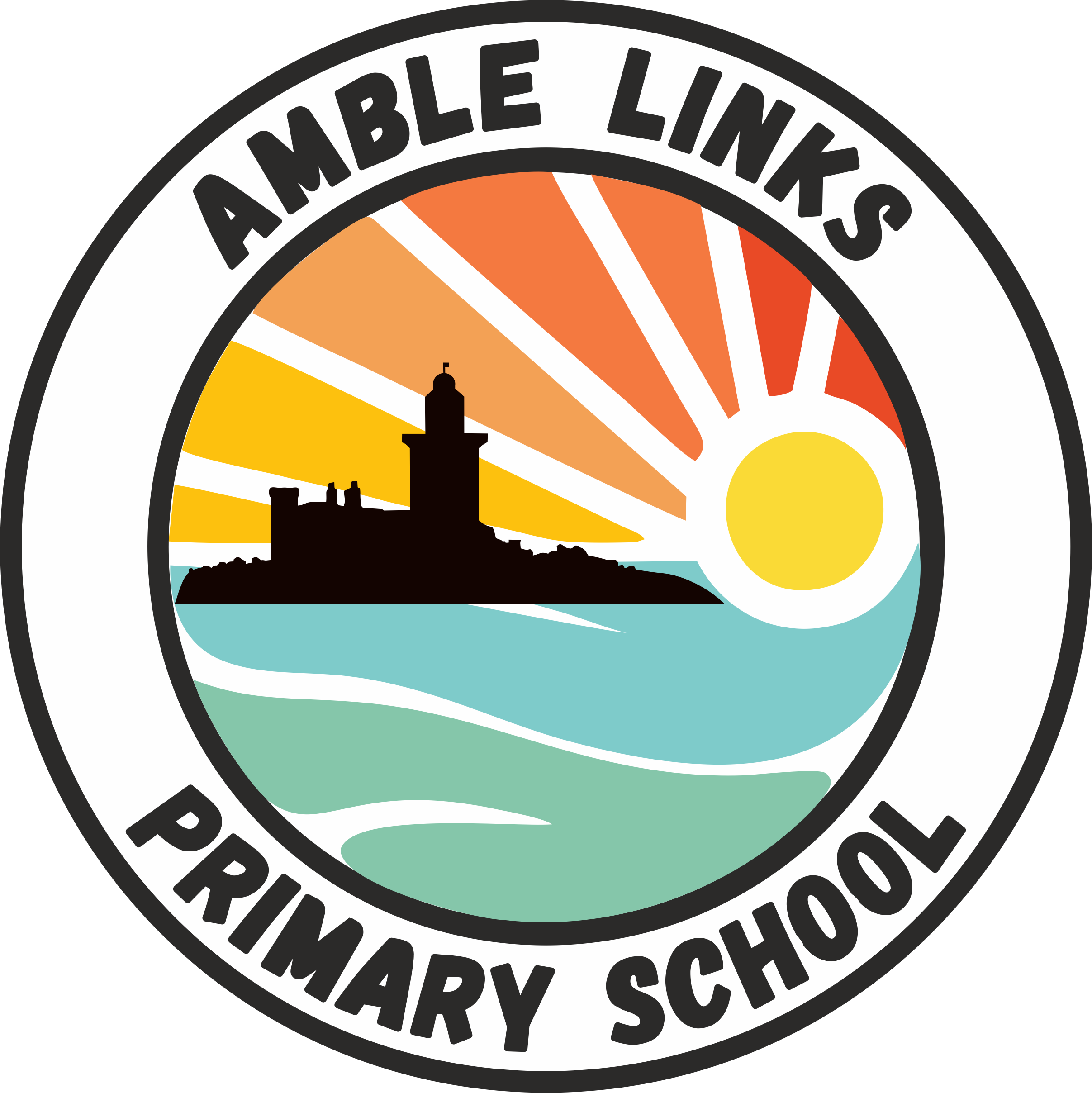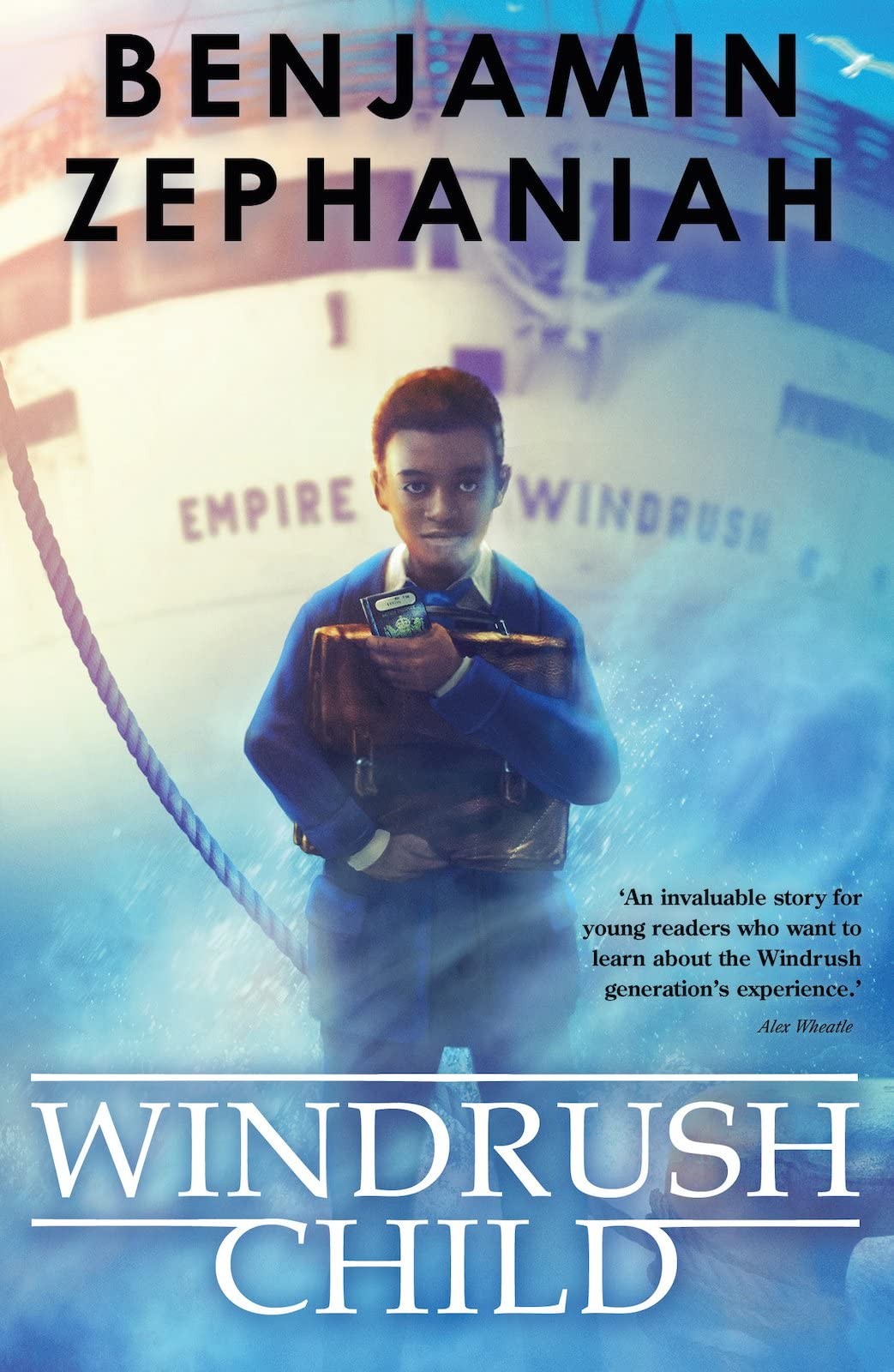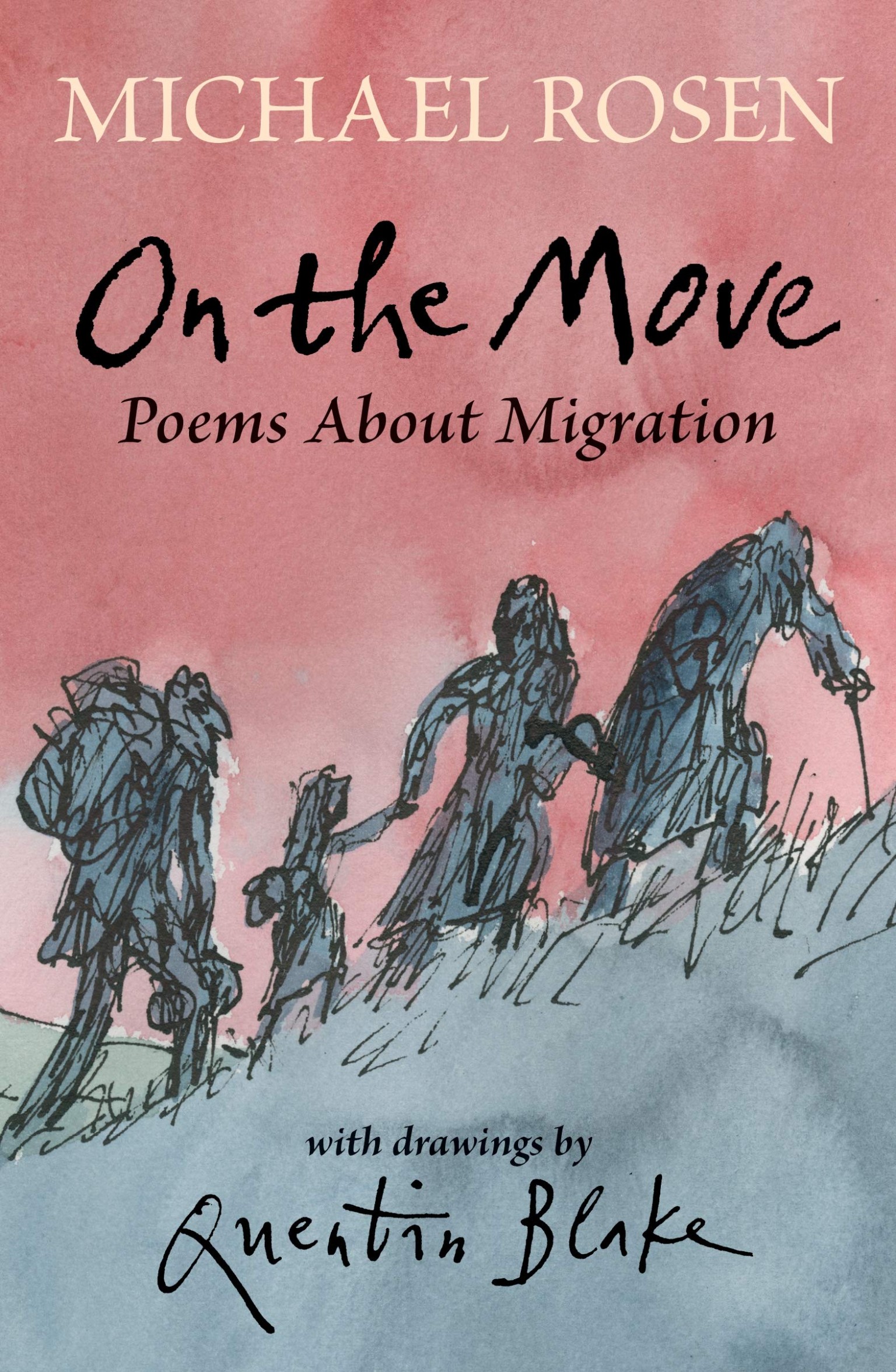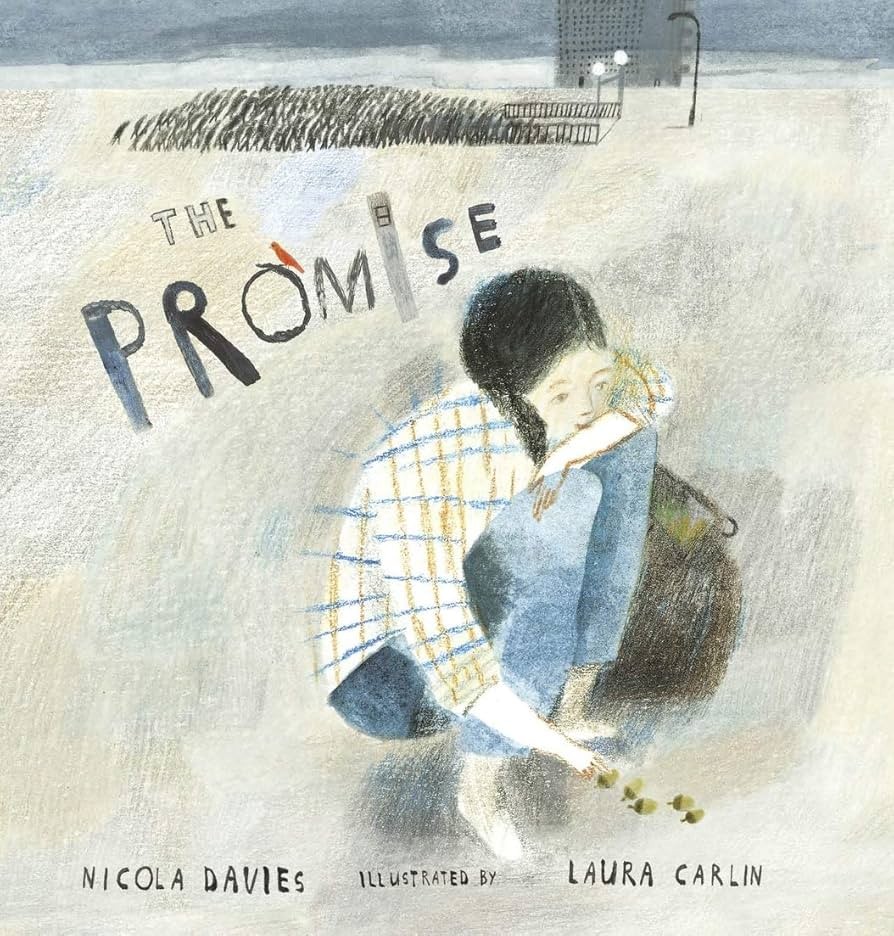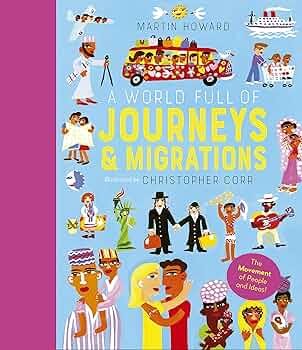AUTUMN TERM 1
Writing: as writers we will be exploring the theme of migration. We will be reading and developing our writing skills through the book Windrush Child by Benjamin Zephaniah. Through discussion the class will discover the challenges and prejudice that children of the Windrush era faced on their journey to and arrival in England. We will express our opinions and understanding through poetry (John Agard), letters and speeches before writing a persuasive text as a final outcome.
Comprehension: as readers, we will be exploring the poetry of Michael Rosen in his book, On the Move, which focuses on the subject of migration and refuge. Using evidence from this text, we will practised and develop our reading skills in decoding, infering and predicting information.
Grammar: we will be developing our application of the english language and practising a range of grammatical structures. We will be using examples from previous SAT papers to provide realistic test based questioning.
Maths: as mathematicians, we will be applying number skills to calculate and solve problems based on place value and the four operations using column and bus stop methods. In addition, we will continue to develop fluency in applying number facts in Mini Maths sessions.
Science: as scientists, we will be investigating how Carl Linnaeus created a classification system that enabled scientists to record and categorise new species. Using scientific skills, we will conduct experiments, research scientific facts and conclude our findings of matters based on the subject of living things and their habitats.
Religious Education: As theologists, we will be exploring current evidence and discussing how Christians make choices in life based upon the teachings of Jesus. We will be aking What Would Jesus Do (WWJD)?
French (Quel temps fait-il?): As linguists, we will be learning how to discuss what's the weather like using oracy to pronounce, decode and structure verbal responses using previous learning and new language.
Computing - Programming
The children will focus on using Variables in programming to count and store numbers. We will investigate how this is used in different applications and the everyday uses of variables. The children will then create their own game incorporating variables and evaluate these.
DT - Cooking
This half term will focus on cooking. The children will begin by exploring different taste groups and how these can be combined. In groups, they will research an appropriate recipe for our meal. The children will record the relevant ingredients and prepare the equipment needed. They will then work in groups to follow the recipe, including using the correct quantities of each ingredient. We will learn about where the ingredients come from and consider the nutritional value. Finally the children will taste the dishes prepared and evaluate these flavour combinations.
Art - Painting
The children will learn about colour combinations to consider the effects of warm and cool colours and triadic combinations. We will look at artwork to identify what colour palettes have been used and then select colour combinations to create different effects. The children will reflect on their prior learning about colour theory to create their own paintings.
